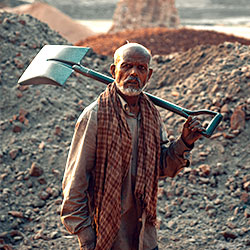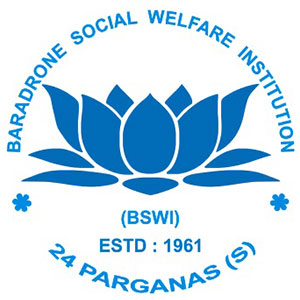About Us
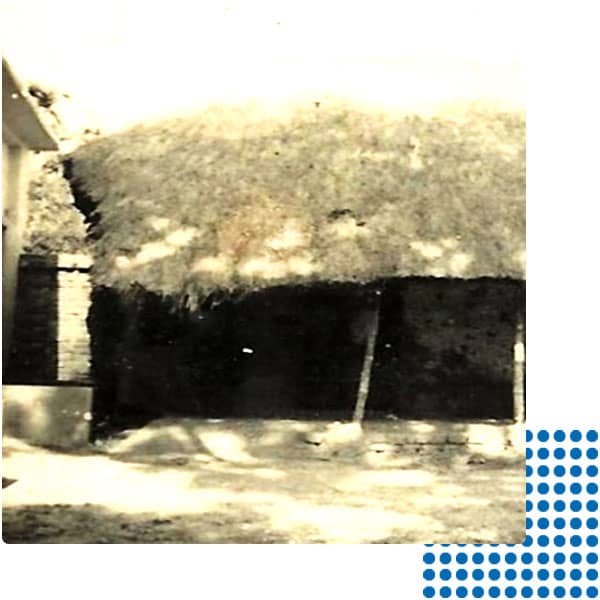
Our Origin
Baradrone Social Welfare Institution (BSWI) originated in the year of 1961 as a textbook library in Baradrone village under the leadership of Shri G. Bhattacharya, a professor of St. Pauls College Kolkata. A group of scholars with strong academic background joined hands with Shri Bhattacharya for providing tuition support to the needy and curious students of the village and of surrounding villages during their weekends.
Other local youths also joined the mission and used to provide tuition at free of costs every evenings. The name of the library was CHHATRA HITAISHI PATHAGAAR meaning Students’ Welfare Centre. The Library continued to cater to the educational needs of the children from the poorest strata that ranged from providing free textbooks and reference books; school materials; school dresses and of course free coaching. All these activities were arranged by raising local contributions in cash and in kinds from the villagers; collecting primers and books from Kolkata based book publishers; collecting alms full rice from the households of the villages. Books and educational materials thus collected were distributed to the needy students, collected food were put together and were sold in the market and then from the sale values other materials and supports were provided to the needy children. The Library was established on a small piece of land donated by the family of Shri Bhattacharya on the front yard of his house. Local villagers and youths contributed donations and labour to construct a mud house with thatched cover and thus the works of the Library continued till 1980 in that room.

The Evolution
The evolution of BSWI is a long-chequered history. In 1975, the founders of the Library felt that, along with Education, other socio-economic challenges should have been addressed and be included in the Library’s agenda of works. With wholehearted supports from the villagers and philanthropic persons, the Library stepped into the rural theater. Health awareness camps, Vaccination drives for various diseases and public health, youth mobilization programs were a few of many other activities for social reconstruction. The need to adapting a vision and mission for the organization was great along with setting up goals for the future operations of the Library discarding the ad-hoc approaches. The integrated approach of the Library started functioning in the year of 1976 and BSWI came into being as a pioneer rural development organization. But the Library continued to function till today as a prominent section of our works. BSWI faced oppositions from the local self-interest groups, orthodox families and populations, religious groups those stood strongly in the way of BSWI and tried to interrupt or close the advancement of BSWI. But they never got success in doing so as because BSWI had always been in the path of truth, welfare and translucence.
Gradually, BSWI began stepping forward by partnering with the government and non-government charities in India and abroad and over the years it has played a major role in developing many government funded projects and National Rural Development Programs. BSWI is continuing to work for change that is sustainable and self-perpetuating, bringing skills and systems that help women, families and communities gain confidence and take charge of their own lives. The opportunities and the association over the years have helped create learning/lessons for BSWI and gain organizational experience. BSWI catalyses change in thousands of lives by implementing innovative efforts.

Our Operational Areas

| Sl. No. | Districts | Blocks & Villages | Target Populations Reached |
|---|---|---|---|
| 1 | South 24 Parganas | Diamond Harbour I, Magrahat, Kulpi & Namkhana (40 villages) | 65,600 |
| 2 | Malda | Gazole (15 villages) | 16,700 |
| 3 | West Medinipur | Narayangarh (10 villages) | 3,000 |
| 4 | East Medinipur | Bhagwanpur & Sutahata (16 villages) | 9,600 |
| 5 | North Dinajpur | Kaliaganj (18 villages) | 15,420 |
| Total: | 1,10,320 |
Aspirations
A self-reliant humane rural society where fraternity, compassion, faith, trust and happiness will be ensured and people striving to achieve better living following the philosophical essences of humanity.
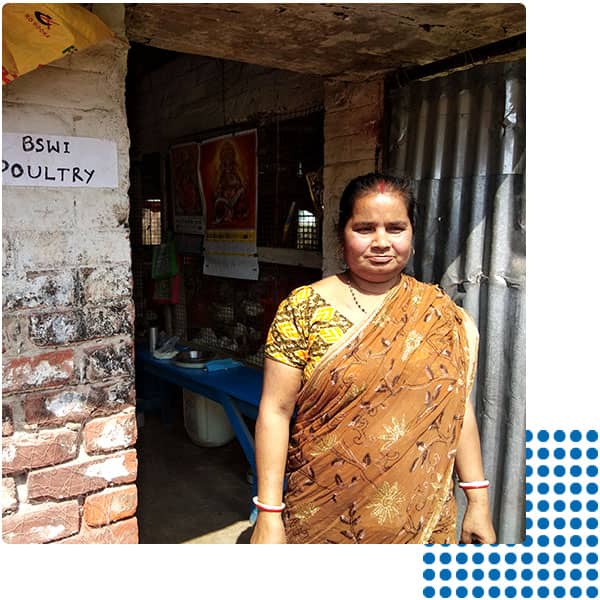
Dreams
- A society where all people can gain access to education, health care, and employment opportunities and where people can realize their full potential;
- Establishment of a trusted bridge between the dreams and aspirations of individuals who care about suffering people and their realization; and
- Transforming to a professional and devoted organization that is secular, translucent, credible and accountable for all of its activities.

Our Values
BSWI works towards motivation and empowerment of its staffs and members to imbibe, internalize, and demonstrate these defined core values of the organization:
- Respect – Believing in and appreciating the dignity and potential of all human beings;
- Integrity – Maintaining social, ethical and organizational norms and adhering to the code of conduct;
- Commitment – Fulfilling organizational goals with full commitment towards our duties and responsibilities;
- Excellence – Setting high performance standards and being accountable for and responsible towards our work.


Our Priority Focus and the Reasons
- In terms of geo-specific areas
Reason: remote, non-reached villages and blocks of South Bengal and North Bengal. - In terms of vulnerability
Reason: vulnerable communities with abysmal poverty, ultra poor mixed with tribal, schedule caste, minority, socially excluded, culturally weak and politically disregarded population who do not have access or seldom any access of health services, education and livelihood. - In terms of developing leadership
Reasons: Lack of decision-making capacity and inadequate participation in the societal and mainstream decision-making processes – in the form of community organisation, political and economic spheres and ensure rights and entitlements. - In terms of backwardness
Reasons: Lack of knowledge, skills and capabilities, lack of sustainable growth and poverty reduction plans for capacity enhancement with an operational focus. - In terms of social acceptances
Reasons: Social neglect of the vulnerable communities and
discrimination.
We work with
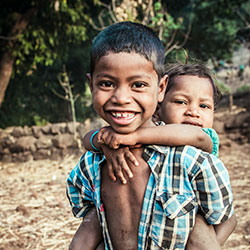
Children
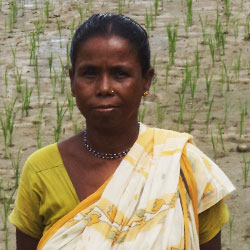
Women

Adolescents
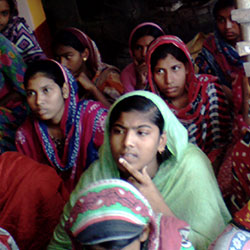
Youths
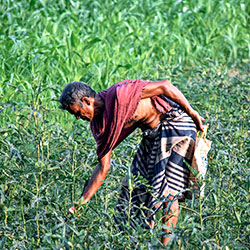
Ailing Persons
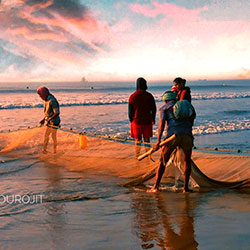
Fishermen

Orphans
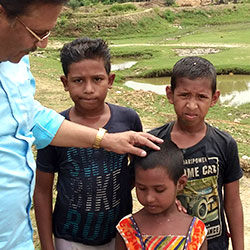
Trafficked persons
